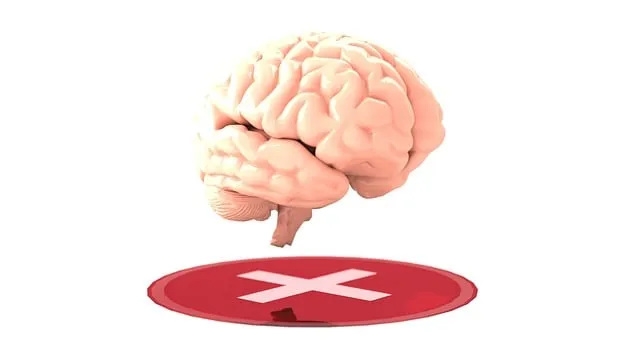Accessing quality mental health care in Englewood is challenging due to limited resources and lack of cultural sensitivity. Advocacy should push Kaiser to offer affordable therapy and train staff in cultural competency. Evaluating therapist quality shows Kaiser's Englewood therapists receive positive feedback, but areas for improvement exist. Continuous professional development is key to better serving diverse community needs. Advocacy drives policy change, promoting accessible, culturally sensitive care through diverse therapists and education programs. This collective action prioritizes comprehensive mental health services directly impacting care quality in areas like Englewood. (SEO keyword: does Kaiser have good therapists Englewood)
Mental health policy analysis and advocacy are crucial components of ensuring accessible and quality care. This article delves into three critical areas: exploring mental health care access in urban communities, evaluating Kaiser’s therapist quality in Englewood, and examining advocacy strategies for policy change. By focusing on these aspects, specifically the effectiveness of therapists in underserved areas like Englewood, we aim to illuminate paths towards better mental health services through strategic policy interventions. Key search terms: does Kaiser have good therapists Englewood?
- Exploring Mental Health Care Access in Urban Communities
- Kaiser's Therapist Quality: A Deep Dive into Englewood
- Advocacy Strategies for Policy Change and Better Mental Health Services
Exploring Mental Health Care Access in Urban Communities

In urban communities like Englewood, accessing quality mental health care can be a complex challenge. While organizations like Kaiser are known for their healthcare services, the availability and effectiveness of their therapists is crucial to addressing the unique needs of this diverse population. Many residents face barriers such as limited resources, long wait times, and a lack of culturally sensitive options. This is where focused efforts in mental health policy advocacy become essential.
Advocacy initiatives should push for enhanced access to services by encouraging Kaiser and other healthcare providers to offer more affordable therapy options and prioritize Cultural Competency Training for their staff. Implementing programs that foster Coping Skills Development tailored to urban communities can significantly improve mental well-being. By promoting cultural sensitivity in mental healthcare practice, therapists can better serve the diverse tapestry of Englewood residents, ensuring no one is left behind in the pursuit of sound mental health.
Kaiser's Therapist Quality: A Deep Dive into Englewood

In the context of mental health policy analysis and advocacy, examining the quality of therapy within healthcare systems is paramount. Specifically, a deep dive into Kaiser’s therapist quality in Englewood reveals insights that are crucial for policy makers and advocates. Englewood, a community often associated with challenges, serves as a microcosm for understanding access to effective therapy.
Does Kaiser have good therapists in Englewood? The answer lies in the comprehensive evaluation of skills and approaches. Many patients attest to the positive impact of their therapists, particularly in fostering inner strength development and providing tools for mood management. Additionally, conflict resolution techniques, when integrated into sessions, have been instrumental in helping individuals navigate personal challenges. However, further analysis reveals areas for improvement, emphasizing the need for continuous professional development and tailored interventions to address diverse community needs.
Advocacy Strategies for Policy Change and Better Mental Health Services

Advocacy plays a pivotal role in driving policy change and enhancing mental health services, especially when addressing disparities like those faced by communities seeking quality care from providers such as Kaiser in Englewood. Effective advocacy strategies involve raising awareness about the importance of accessible, culturally sensitive mental healthcare. Highlighting the need for diverse therapists who understand the unique challenges within these communities can significantly impact policy decisions. For instance, implementing Cultural Sensitivity in Mental Healthcare Practice ensures that services are tailored to meet the specific needs and beliefs of different cultural backgrounds, fostering trust and improved outcomes.
Mental health advocacy also drives Mental Illness Stigma Reduction Efforts, crucial for encouraging individuals to seek help without fear of judgment. Community outreach programs aimed at education and support can dispel myths and promote early intervention. When communities are actively involved in these initiatives, as seen through successful Community Outreach Program Implementation, they become empowered to advocate for their mental health needs on a larger scale, ultimately shaping policies that prioritize funding for comprehensive, culturally competent mental health services.
Mental health policy analysis reveals critical disparities in access to care, particularly in urban communities like Englewood. The deep dive into Kaiser’s therapist quality highlights a need for improved services and resources. Effective advocacy strategies are essential to drive policy change, ensuring better mental health outcomes for all. Specifically, addressing the question “does Kaiser have good therapists in Englewood?” is a starting point for fostering meaningful reform and revolutionizing mental healthcare accessibility.






